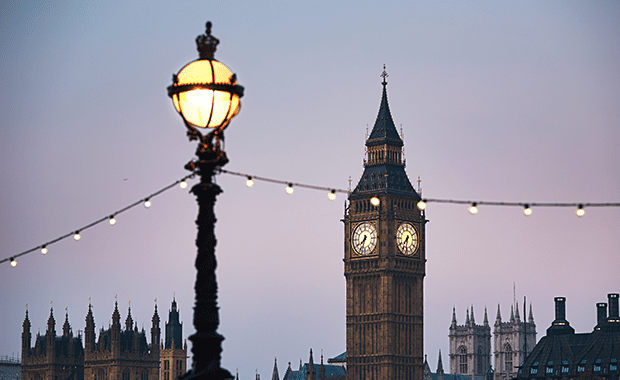Conservative Party shapes political battlegrounds in bid to turn around polling deficit
The first King’s Speech by Charles III and the last before a General Election was noteworthy not for the 21 Bills announced, which will shape the upcoming legislative agenda, but what it revealed politically. Whilst in the short-term today’s ceremony is unlikely to move the dial, it did reveal the foundations upon which the Prime Minister and the Conservative Party will seek to fight the election upon.
The overarching theme was the Government’s commitment to reducing inflation and bringing down the cost of living. The language that accompanied this was ‘making decisions in the long-term interest.’ This is fundamental to the Conservative Party strategy. By next Autumn (the most likely timing for the General Election) household costs will have stabilised and the Party will say to the electorate that they are on the right track and now is not the time to change course. Expect the phrase ‘long term interest’ to feature even more prominently as we look ahead to the Autumn Statement later this month. In the most recent YouGov poll of the most important issues facing the country unsurprisingly the economy is far out in front of the public’s most pressing concerns.
Within the King’s Speech were numerous Bills related to law and order. This is an area of traditional strength for the Conservative Party, however, in recent times the Party has fallen behind Labour on the issue. The recent demonstrations in London and the potential for further action ahead of Armistice Day, the Conservative political machine may see this as an opportunity to push for a hard line approach that they believe will sit well with the majority of voters. The Economic Activities of Public Bodies Bill, which is designed to give ministers the powers to ban public bodies from imposing their own boycotts, divestment or sanctions campaigns against foreign countries is likely to be a focal point in this debate designed to further expose divisions within the Labour Party on conflicts such as Israel-Palestine.
The other major focus area, which wasn’t included as a Bill but was referenced by The King as a priority area for the Government is on the topic of immigration. The King said the Government would continue to crackdown on criminal gangs and control the boats crossing the Channel with the powers conferred to ministers in the previous Parliament. With almost 4 in 10 voters citing immigration as a top three issue the Government is determined that its efforts remain front of mind of voters.
So, with the pitfalls for Labour clear, how can the Party respond? Under the Shadow Chancellor Rachel Reeves we will continue to ensure fiscal discipline is the priority. By demonstrating a firm grip on public spending and fully costed policies, Reeves will hope to build up enough credibility that when she asks voters ‘do you feel better off after a Conservative government’ the reply will not only be ‘no’, but an electorate confident in voting for a reformed Labour Party. The Party will also feel they are on the right side of the argument when it comes to the transition to Net Zero with regards to the forthcoming Offshore Petroleum Licensing Bill, claiming the Government is failing to show leadership and is presiding over a period of ‘dither and delay’.
Labour are also likely to capitalise on the lack of health announcements in the speech despite the policy area trailing only behind the economy in voters concerns. Despite a bill promising to ban the sale of smoking to anyone born on or after 1st January 2009, there were no mentions of NHS reforms or bringing down waiting lists. Perhaps an acknowledgement that the Conservative Party have for now conceded on the issue.
The battle lines have been drawn. Today is the firing gun on the debates in Parliament and the media that are likely to play out between now and the election as the parties vie for your vote.
What can organisations looking to engage in the political process take from this? It is far less about the potential impact of these measures, which may or may not pass, but a guide to how you can align your organisation with the political agenda to ensure your voice is heard and to begin to positively influence the shape of the next Parliamentary session.
For more details on the State Opening of Parliament and the new session, speak to GK Associate Director, David Mitchell david.mitchell@gkstrategy.com

